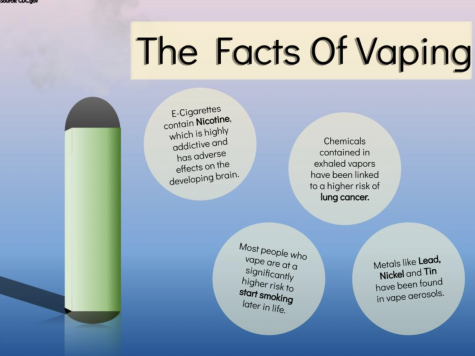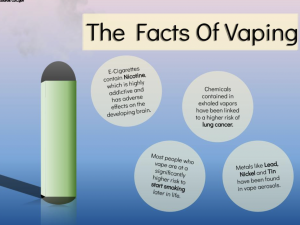Staples’ National Merit Scholarship semifinalists reflect on study strategies
The National Merit Scholarship Program named 12 Staples seniors as semi finalists this year. Amid a stressful junior year, the competitors share tips on navigating standardized tests.
Junior year — the infamous period of SAT and ACT preparation, college tours and stress over “grades that really count.” In this test optional era, many students have opted to refrain from submitting scores or even taking the standardized exams entirely. However, from Staples’ class of 2023, 12 National Merit Scholarship semifinalists were named compared to last year’s seven as a result of their qualifying scores on the PSAT.
Connecticut semifinalists earned a score index of 220 or higher, placing them in the top 1% of scorers. Amongst the other 16,000 semifinalists, they will compete for 7,250 National Merit Scholarships, worth more than $28 million.
Katharine Shackleford ’23, one of the semifinalists, used practice tests and online resources to better understand topics of confusion in preparation for the SAT. Aside from eating a nourishing breakfast and dressing comfortably, Shackleford recommends relaxing before standardized tests.
“My advice is to do your best and not stress too much,” Shackleford said. “Trust yourself and try not to overthink it. At the end of the day, it is just one test and your application is so much more than your test scores.”
Some students, such as Emma Losonczy ’23, studied for the ACT and decided to take the PSAT on a whim without preparation.
“I took the ACT in April of sophomore year, and I basically just took a lot of full length practice tests to prepare,” Losonczy said. “I definitely think that taking so many ACT practice tests a few months before the PSAT helped indirectly.”
Due to her lack of PSAT-specific preparation, Losonczy was not expecting to qualify as a National Merit Scholarship semifinalist. For Losonczy, the PSAT was simply further exposure to testing environments — she approached the test with no expectations or pressure and recommends that juniors taking the PSAT also remain calm.
Junior year is definitely already tough for a lot of people, so I think the best approach is to just do your best but not worry too much about it.
— Emma Losonczy ’23
“My best advice for the class of 2024 as they take the SAT is to not stress too much about it,” Losonczy said. “Junior year is definitely already tough for a lot of people, so I think the best approach is to just do your best but not worry too much about it.”
Gavin Rothenberg ’23, on the other hand, built “test stamina” by analyzing the types of questions on the SAT before studying the content and practicing, which allowed him to work smarter and go into the test confidently.
“Practice often and just continue to develop good muscle memory with learning test-taking strategies and analyzing the test as well as you can,” Rothenberg said. “Go into the test knowing that you practiced, knowing that you put your work in, and because of that, there’s no reason to be nervous or to overthink it.”
Outside of the testing room, however, Rothenberg assumed a new strategy — exercise. He found that distracting himself from the day ahead helped to relieve nerves.
“The morning before the SAT, I made sure to just do a quick little workout to get my muscles going, to get my brain activated, and get any jitters out,” Rothenberg said. “When I was going into the test, I felt energized and ready.”

Web Managing Editor Toby Goldfarb ’23 was driven to join Inklings because of her love of learning, whether it’s writing for a new section in Inklings...































































